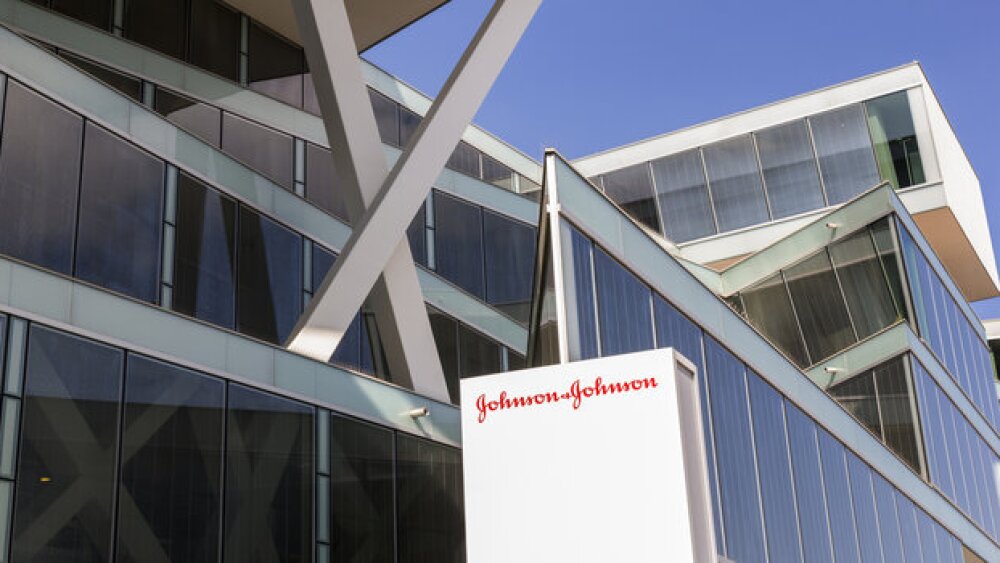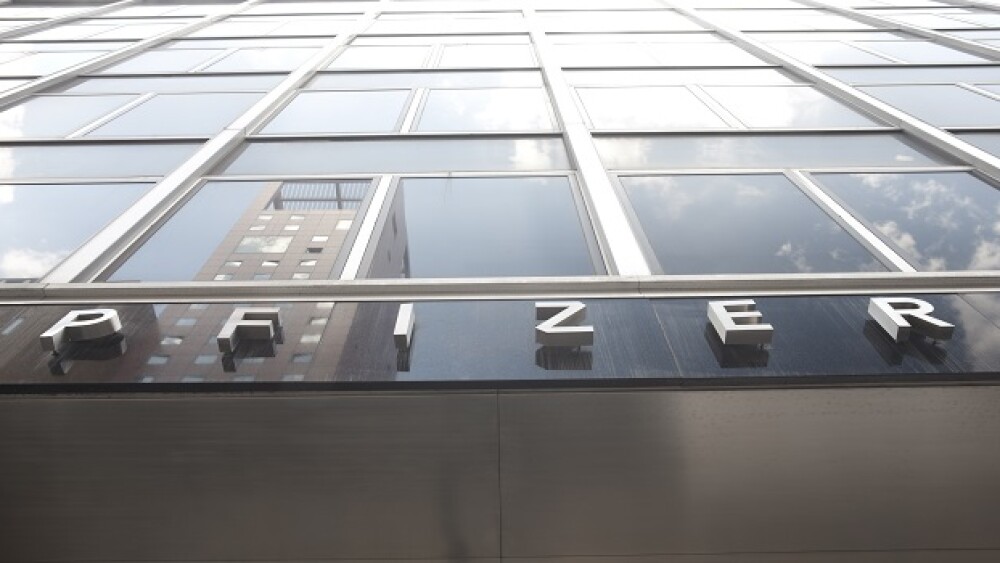Darzalex (daratumumab) for intravenous infusion is approved in the U.S. in combination with bortezomib, melphalan and prednisone for patients with newly diagnosed multiple myeloma (MM) who are ineligible for autologous stem cell transplant.
Sundry Photography / Shutterstock.com
The U.S. Food and Drug Administration (FDA) gave Janssen Biotech, a Johnson & Johnson company, and their research partner, Copenhagen, Denmark-based Genmab A/S, an approval for their Darzalex split-dosing regimen.
Darzalex (daratumumab) for intravenous infusion is approved in the U.S. in combination with bortezomib, melphalan and prednisone for patients with newly diagnosed multiple myeloma (MM) who are ineligible for autologous stem cell transplant. It is also approved in combination with lenalidomide and dexamethasone, or bortezomib and dexamethasone, for MM who have had at least one previous therapy; and in combination with pomalidomide and dexamethasone for patients with MM who’ve had at least two previous treatments, including lenalidomide and a proteasome inhibitor.
It has also been approved as a monotherapy for patients with MM who have received at least three previous lines of therapy, including a proteasome inhibitor and an immunomodulatory agent, who are double-refractory to a proteasome inhibitor and an immunomodulatory therapy.
The FDA’s approval for the supplemental Biologics License Application (sBLA), which was submitted by Janssen in July 2018, was supported by data from the EQUULEUS (MMY1001) Phase Ib open-label trial. This study included up to 240 patients and evaluated the safety, tolerability and dose of the drug when administered in combination with various “backbone treatment regimens for different settings of multiple myeloma.”
The split infusion provides the drug over two consecutive days. That dosing regimen was approved in December 2018 by the European Commission.
“We are pleased that, with this change, patients in the U.S. receiving their first infusion of Darzalex may now have this more flexible dosing options,” stated Jan van de Winkel, Genmab’s chief executive officer.
On Feb. 5, Paris-based Sanofi announced positive data from its Phase III trial of isatuximab in patients with r/r multiple myeloma, which could be a competitor to Darzalex. The company plans to present the data at a medical meeting and be the basis for regulatory submissions later this year.
Multiple myeloma is the second most common hematologic cancer. About 138,000 new cases are diagnosed globally each year. For most patients, it is largely incurable.
The trial, ICARIA-MM, enrolled 307 patients with r/r MM across 96 sites in 24 countries. All participants received two or more previous anti-myeloma therapies, including at least two consecutive cycles of lenalidomide and a proteasome inhibitor alone or in combination. Isatuximab was administered via an IV infusion at a dose of 10mg/kg once weekly for four weeks, then every other week for 28-day cycles in combination with regular doses of pomalidomide and dexamethasone.
Like Darzalex, isatuximab targets a specific epitope of CD38 that can trigger multiple mechanisms of action to promote cell death and immunomodulatory activity.
“We are excited by these results, which represent significant progress in our ambition to extend the lives of multiple myeloma patients,” stated John Reed, Head of Research and Development at Sanofi. “We look forward to engaging with regulatory authorities with the goal of bringing this potential new treatment to patients as quickly as possible.”
There wasn’t enough data in Sanofi’s release to indicate whether isatuximab will be a real competitor to Darzalex. Isatuximab is also being studied in three other Phase III trials in slightly different patient populations or in combination with other standard-of-care therapies.





